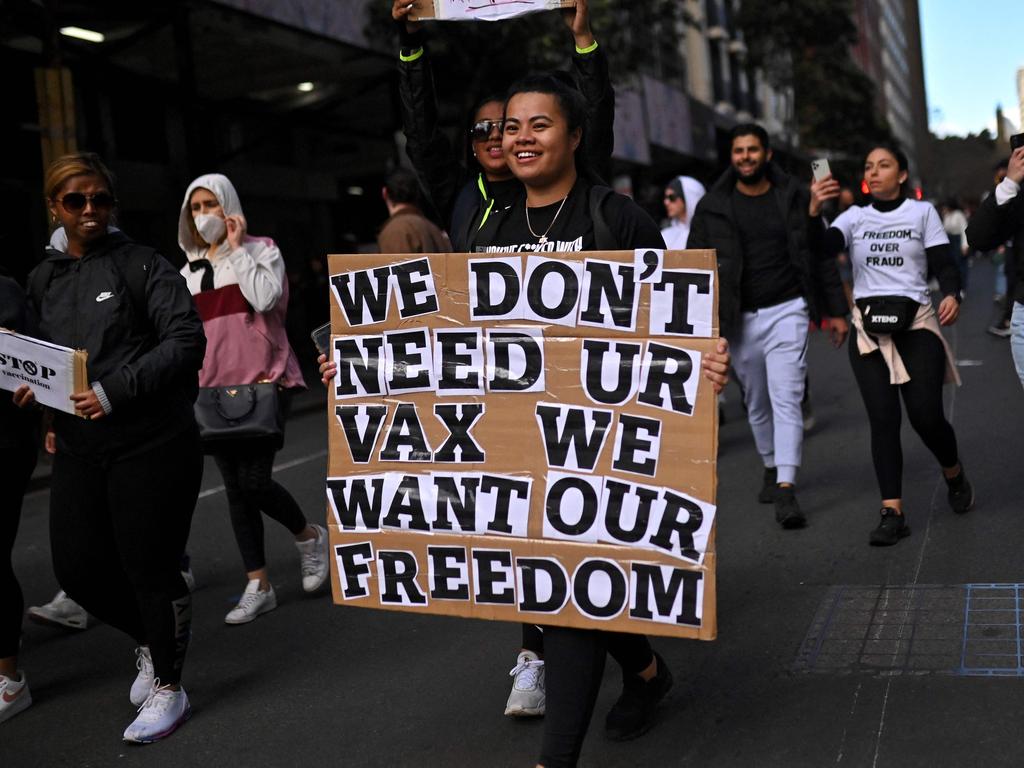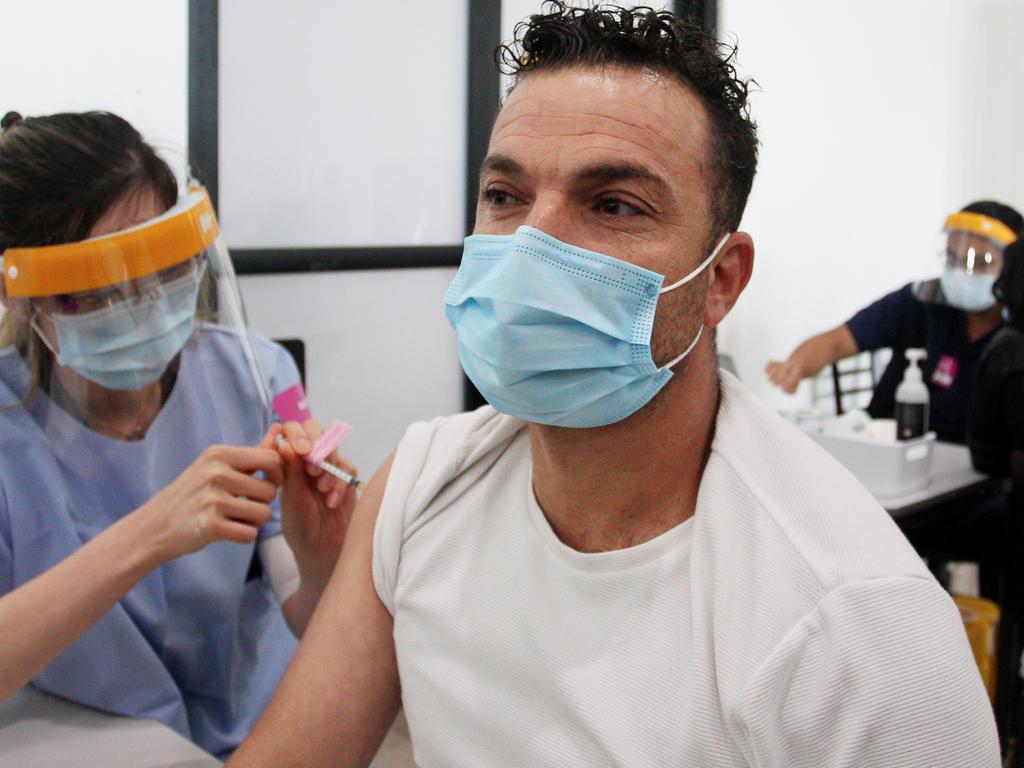How to convince the vaccine hesitant to get the covid vaccine
Anti-vaxxers and the vaccine hesitant are having a profound impact on the vaccine roll out but a new approach could change their thinking.
Do you know someone who refuses to get a covid vaccination? It could be your uncle or your best friend or a co-worker.
Let’s suppose you are talking with your brother and his wife, and you want them to get vaccinated.
You might feel an urge to criticise them or to present arguments for getting vaccinated.
Fight that urge. It is past time for a forceful approach to work. The harder you push, the more resistant they will become. No one wants to be told what to do or to be proven a fool. We all are inclined to defend our views and our actions when they are under attack.
We focus so much on forming a rebuttal that we stop listening. We refuse to be persuaded.
Try a more psychological method of persuasion.
How to best persuade a vaccine hesitant person or anti-vaxxer to get vaccinated
First, ask them for their anti-vax reasoning. Listen attentively. Show curiosity. Try to see the world as they do.
Try also to identify and feel their underlying emotions, which may involve fear of health problems and distrust of others such as the government and scientists. Show empathy by stating your understanding of their underlying emotions.
RELATED: Grim death toll warning without AZ

Vaccinating against Covid-19 is the only way for Australians to get their normal lives back, but as a nation we’re struggling.
News.com.au’s Our Best Shot campaign answers your questions about the Covid-19 vaccine rollout.
It’s fair to say the vaccine rollout has confused Australians. We’ll cut through the spin and give you clear information so you can make an informed decision.
By listening without judgment and by showing empathy, you may make the two of them feel understood and cared about. You strengthen the bond between you and them. By listening to them, you set a model of listening to understand. They will feel psychological pressure to reciprocate by listening to you.
Speak of your own experience
Then talk about your own similar emotions prior to getting vaccinated.
Here is what I would say about myself: I felt anxious about potential side-effects of AstraZeneca but also anxious about getting covid. I felt distrust of the government because it blocked me from getting the Pfizer vaccine I favoured.
I delayed for months before signing up for a vaccination. I wanted more than anything else to stay alive, so I got the AstraZeneca. I felt relieved when weeks passed after the first vaccination and I had no side-effects other than a brief sore arm.
By telling your own story of emotions and actions, you set a model of getting vaccinated, even though you had doubts and did not rush ahead.
RELATED: Moderna to be approved for teens in weeks

Coping model of behaviour
By doing this you provide what we psychologists call a coping model of behaviour. Because the others have positive feelings toward you and see similarities in you, they will feel a psychological push to act as you did. Stories can have powerful effects – more impact in many cases than scientific findings.
It is important in using this method to have caring in your heart and to show sincerity in how you speak. Your family members don’t want to be manipulated, but they will at least listen to someone who understands them and shows caring.
No debate to be won or lost
So back to your hypothetical brother and his wife who don’t want to get vaccinated. Because you didn’t suggest that they get vaccinated, they have nothing much to resist. There is no debate to be won or lost. You are simply people sharing your thoughts and emotions in a peaceful way.
The interaction might propel your family members toward vaccination. Or not. Either way, you may all have a good experience and learn something.
John Malouff PhD is an associate professor of psychology at the University of New England.



